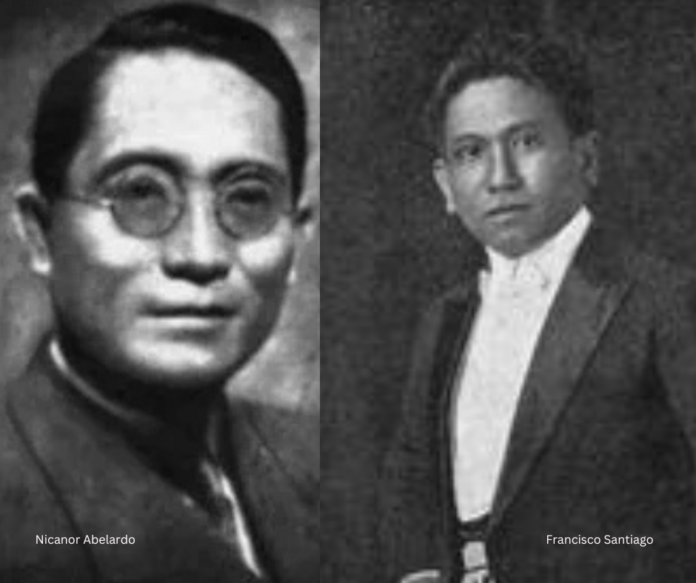In the annals of Philippine music history, two names stand tall as the “Original Gangster” (OG) Filipino Maestros: Nicanor Abelardo and Francisco Santiago. Born in the late 19th century, these illustrious composers paved the way for the development of Filipino classical music.
Their contributions to music education, composition, and performance laid the foundation for future generations of Filipino musicians. Up to now, their legacy continues to shape the Filipino musical landscape for years to come.
Pioneering Spirits
Known for his passionate and romantic compositions, Abelardo infused his music with a distinctly Filipino flavor, drawing inspiration from folk melodies and traditional rhythms. His works, such as “Mutya ng Pasig” and “Nasaan Ka Irog,” captured the essence of the Filipino identity, expressing the joys, sorrows, and aspirations of a nation yearning for self-expression.
Santiago, on the other hand, embraced a more cosmopolitan style, blending Western classical techniques with Filipino musicality. His compositions, such as “Pakiusap” and “Anak Dalita,” showcased his mastery of both European and indigenous musical forms, resonating with audiences across cultural boundaries.
Together, Abelardo and Santiago formed a formidable duo—their combined talents shaped the course of Filipino classical music. Their spirit and unwavering dedication to their craft sparked recognition and appreciation of Filipino music on the global stage.
Master of Melody
Abelardo and Santiago’s mastery of melody was evident in their compositions, which were characterized by their lyrical beauty, emotional depth, and technical brilliance.
Abelardo’s “Cavatina, Op. 7” is a testament to his ability to weave intricate melodies that evoke a sense of yearning and passion. His “Bituing Marikit,” a kundiman infused with heartfelt emotion, showcases his gift for capturing the essence of Filipino sentimentality.
Meanwhile, Santiago’s composition showcased his versatility in various musical styles. His “Concerto in B-flat Minor” for piano and orchestra, for example, shows his command of large-scale forms and melodies that are grand and intimate. His “Madaling Araw,” a kundiman, is an example of his ability to blend Western harmonies with Filipino melodic sensibilities.
Their music remains a testament to the power of melody in evoking emotions, telling compelling stories, and connecting with listeners on a deeper level.
A Lasting Legacy
The legacy of Abelardo and Santiago extends far beyond their musical compositions. Their contributions to music education, performance, and cultural development have left an indelible mark on the Philippine music scene.
As the founder of the UP Conservatory of Music, Abelardo nurtured generations of talented musicians. This gave them the tools and opportunities to hone their craft and contribute to the nation’s cultural tapestry.
Through his tireless efforts to promote Filipino music, Santiago helped elevate its status and ensure its recognition on the global stage. Through their talent and effort in developing Filipino music in their own right, they sparked a revolution



